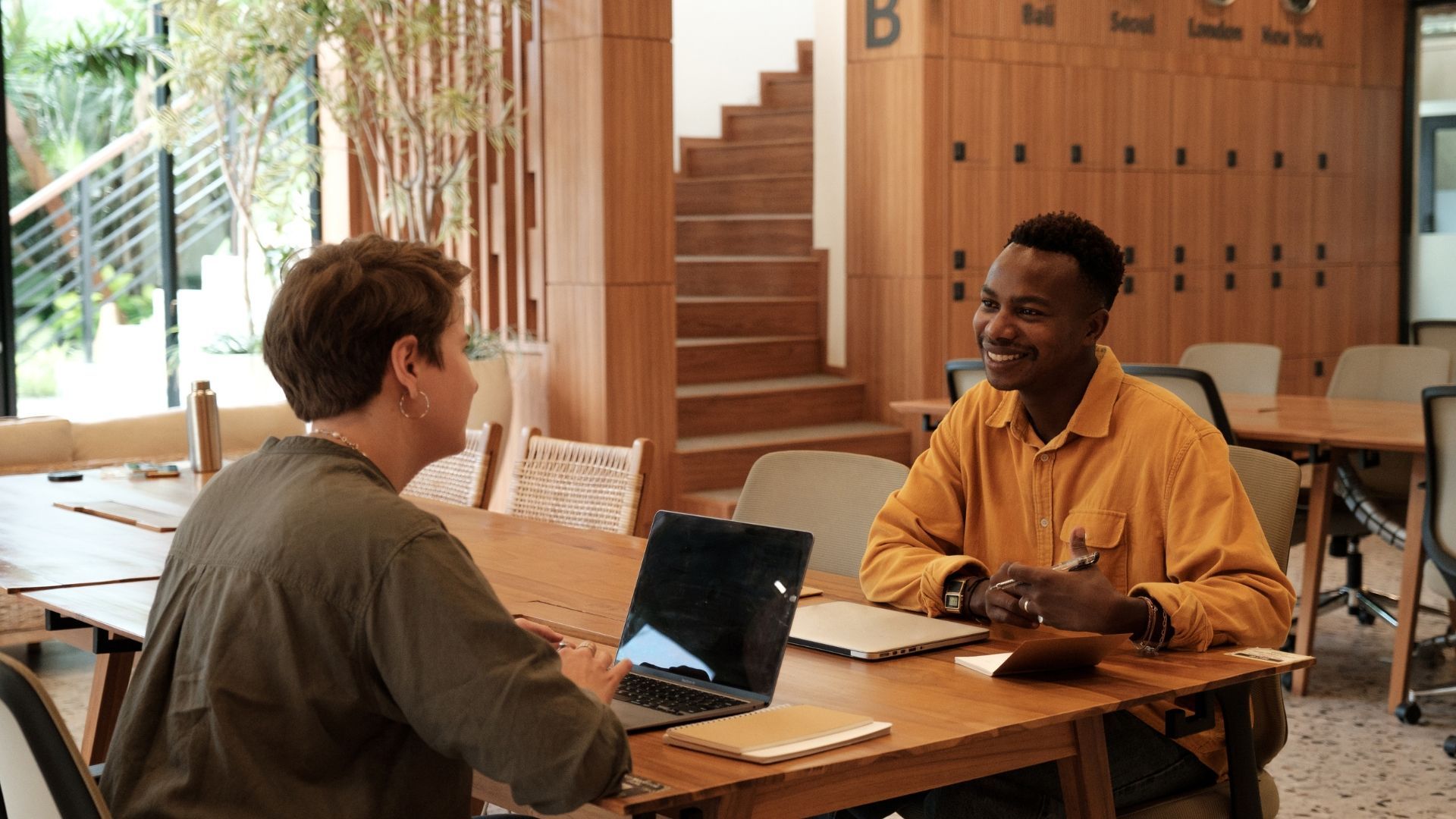How to conclude the interview
Thank your interviewers for the opportunity and their time and reconfirm your enthusiasm for the role (if this is the case).
You can also ask if there is anything further they need from you and confirm the next steps and expected timeframe.










